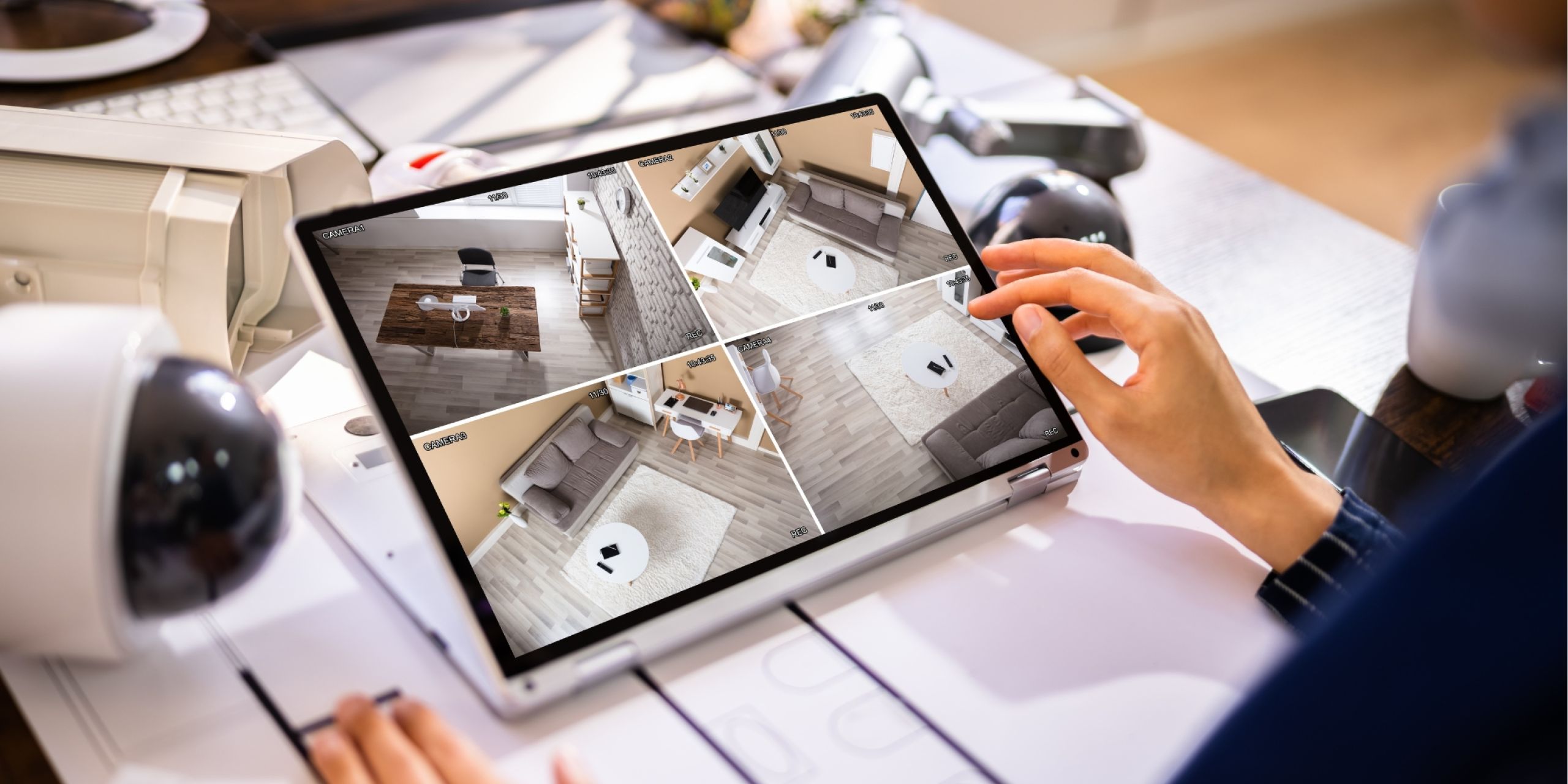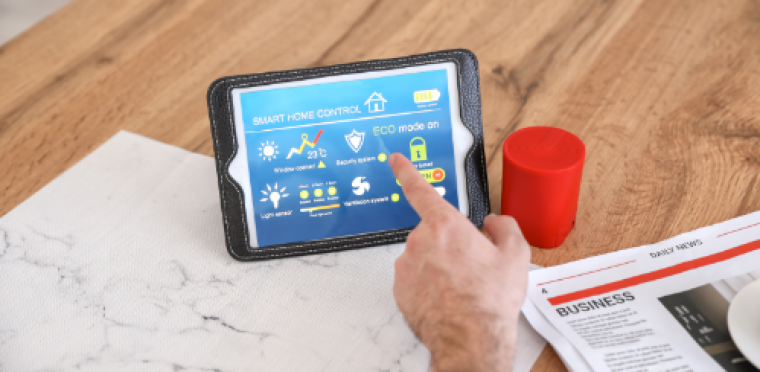
Ensuring the safety and security of employees, assets, and sensitive information is a top priority for businesses.
While protecting one's digital assets and information remains paramount, the shift toward remote work has underscored the significance of physical security in offices and homes.
The Remote Work Revolution:
The global workforce has experienced a significant transformation in recent years, largely due to the rise of remote work. Enabled by technological advancements and the COVID-19 pandemic, businesses have increasingly embraced flexible work arrangements.
As a result, millions of employees have transitioned from traditional office spaces to remote work settings. While this transformation has brought about many benefits, it has also exposed new vulnerabilities, particularly in terms of physical security.
Workplaces Evolving Beyond Cubicles:
The traditional office environment, complete with cubicles and physical security measures, has given way to a decentralized workforce. Employees now work from various locations, including their homes, co-working spaces, and coffee shops. This transition has blurred the lines between professional and personal spaces, making it imperative to address physical security in a more comprehensive manner.
Challenges of Remote Work Security:
The shift to remote work has introduced several security challenges that extend beyond the realm of cybersecurity. Let's explore some of these challenges and the necessity of addressing them:
Enhancing Physical Security:
To address the growing need for enhanced physical security in remote work environments, businesses and individuals can consider the following measures:
As remote work becomes an integral part of the modern workforce, the need for increased security extends beyond the digital realm to encompass physical security. Home and office spaces are no longer distinct entities but interconnected environments where both digital and physical security must be rigorously maintained.
The risks of remote work are real, but with careful planning, investment, and employee education, businesses and individuals can adapt to this new normal while ensuring the highest levels of security and protection for their assets and information. Ignoring the call for heightened physical security in remote work settings is a risk that businesses and individuals can ill afford to take in the evolving landscape of work.
For further information about how Astratto Technologies can help you please email hello@astratto.tech or call us.
US +1 720 303 1212
UK +44 (0)20 7173 9847

The need for increased security in offices extends beyond just cybersecurity and includes physical security as well. Ensuring the safety and security of employees, assets, and sensitive information is a top priority for businesses. Here are some key reasons why physical security is essential in office environments:
To address these concerns, many offices invest in security systems that combine physical security (e.g., access control, surveillance, and alarms) with cybersecurity measures (e.g., firewalls, antivirus software, and employee training) to create a comprehensive security strategy.
It's important for businesses to assess their unique security needs and implement measures that provide a balance between convenience and protection to create a safe and secure office environment.
For further information about how Astratto Technologies can help you please email hello@astratto.tech or call us.
US +1 720 303 1212
UK +44 (0)20 7173 9847
If you would like to find out more or to hear how we can help you solve your Audiovisual problems please get in touch.
We look forward to hearing from you soon.